
On the afternoon of July 7th, a Wuhan netizen posted a video on a short video platform showing an "Apollo Go" driverless taxi from Baidu's autonomous ride-hailing service provider hit a pedestrian on the streets of Wuhan. This incident has once again brought the safety of autonomous driving technology into the public spotlight, sparking widespread discussion.
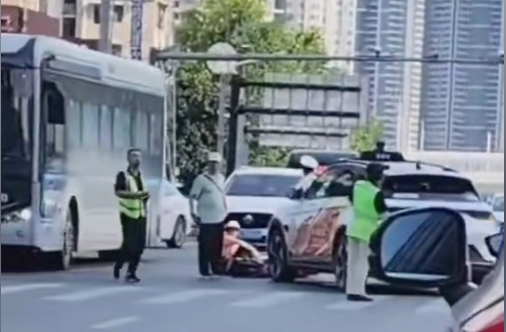
According to Baidu, "Apollo Go" is an autonomous ride-hailing service platform launched by Baidu Apollo. It is conducting passenger test operations in 11 cities and has started fully driverless travel service tests in Beijing, Wuhan, Chongqing, Shenzhen, and Shanghai.
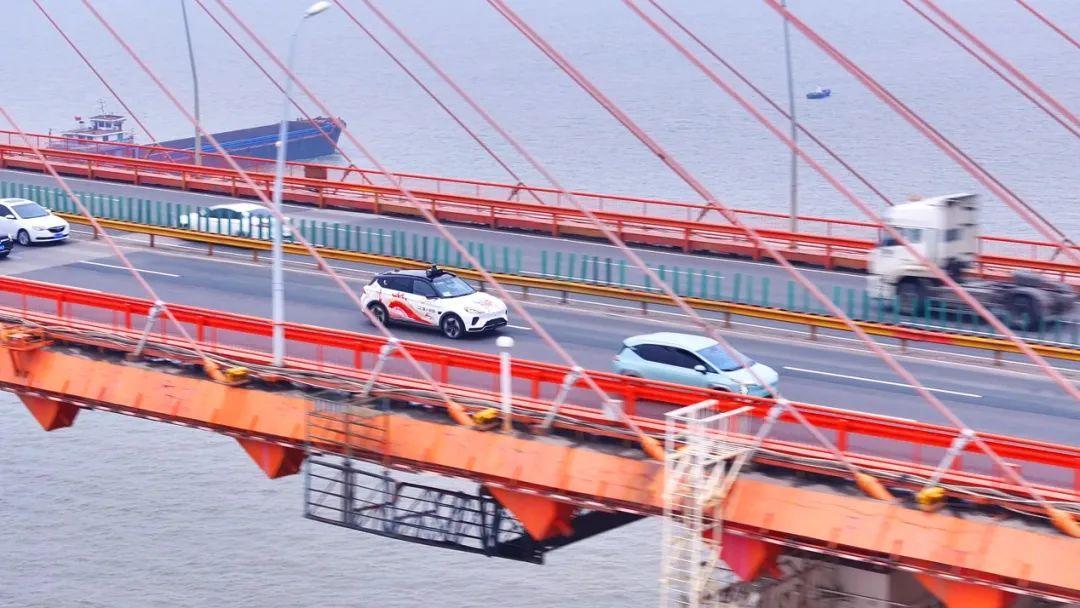
"Apollo Go" has now made its way to the streets of Guangzhou, where driverless taxis can be hailed in areas such as Guangzhou Science City in Huangpu District. The system specifies designated pick-up and drop-off points, and passengers must board within three minutes. There are now reported to be over 300 such designated stops.
In June 2023, the Pingshan District People's Government in Shenzhen City issued smart networked vehicle commercialization pilot licenses to AutoX, Pengcheng Electric Baidu Apollo Joint Venture, marking the official launch of L4-level unmanned commercial operation in Shenzhen. During the initial operation period, "Apollo Go" offers services at a 90% discount, with a 6.7-kilometer ride costing only 4.1 yuan.
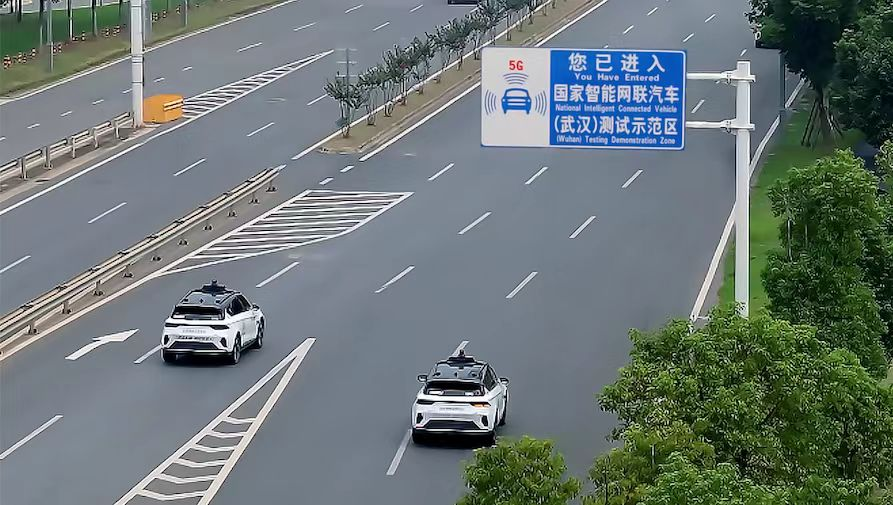
Baidu's Q1 2024 financial report shows that as of April 19th, "Apollo Go" had provided over 6 million service trips in total, with about 826,000 trips in Q1 alone, a year-on-year increase of 25%.
Some netizens praise the driverless taxis for their clean air, air conditioning, personalized music choices, lack of disturbances, and cleanliness. The most appealing factor, however, is the price.
Guangzhou passengers report that thanks to platform subsidies, fares are very low. A trip from Xingyue Bus Stop to Luogang Wanda Plaza costs only four yuan, averaging about 0.5 yuan per kilometer, which is cheaper than driving on one's own.
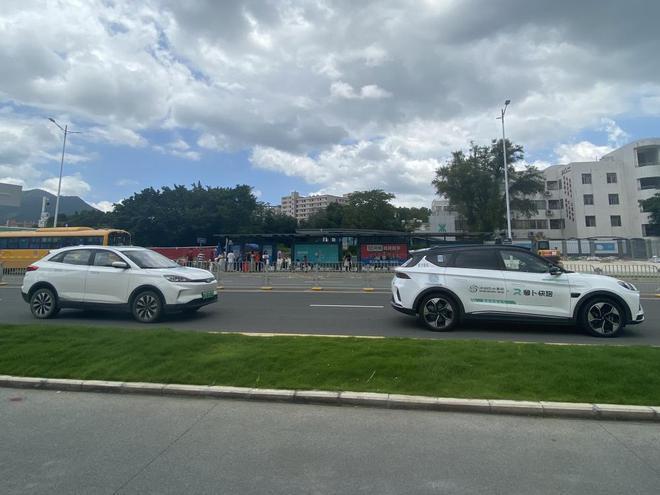
The low prices and clean, comfortable interiors have made driverless taxis a favorite for many. However, for taxi and ride-hailing drivers, "Apollo Go" and similar services pose a threat to their livelihoods due to lower operating costs and the ability to run 24/7, which human drivers cannot match.
Zhang Xiaorong, director of the Deep Research Institute, points out that while driverless technology has made significant progress in some areas, it still faces many limitations and challenges, such as handling various road conditions and driving in complex weather. Replacing taxi drivers will require more time and technological advancements.
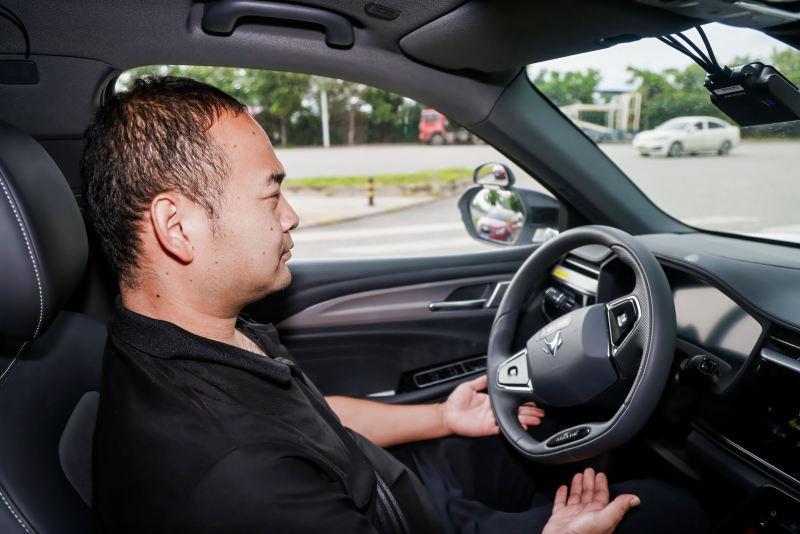
Currently, many driverless cars are equipped with safety checkers, and even if there is no one in the car, there are often remote safety checkers. Additionally, as the new industry of driverless ride-hailing develops, new application scenarios and professions will emerge.
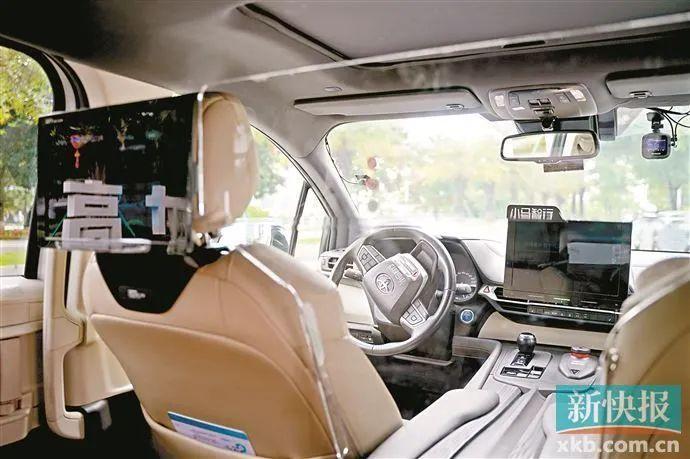
Driverless taxis have always been one of the most important application scenarios for autonomous driving companies. Besides Baidu, many other companies are also entering the market.
According to a McKinsey research report, China is expected to become the world's largest autonomous driving market in the future. The report predicts that by 2030, the total sales of autonomous vehicles in China will reach $230 billion, and the order value of travel services based on autonomous driving will reach $260 billion.
Source :Yangcheng Evening News
“萝卜快跑”11城开放载人测试,司机饭碗难保?
7月7日下午,有武汉网友在短视频平台发布视频称,百度旗下的自动驾驶出行服务平台“萝卜快跑”无人驾驶出租车在武汉街头与行人相撞。此事件再次将自动驾驶技术的安全性问题推向公众视野,引发广泛讨论。
百度官方信息显示,“萝卜快跑”是百度Apollo推出的自动驾驶出行服务平台,目前已经于11个城市开放载人测试运营服务,并且在北京、武汉、重庆、深圳、上海开展全无人自动驾驶出行服务测试。
目前,“萝卜快跑”也跑进了广州街头,在黄埔区科学城等部分地区可以打到该无人出租车。系统上有规定的上车点、下车点,停车不能超过3分钟。据悉,指定站点已经超过300个。
2023年6月,深圳坪山区为安途智驾(AutoX)、鹏电集团和萝卜运力联合体(萝卜快跑)颁发智能网联汽车无人商业化试点牌照,标志着L4级无人驾驶商业化收费运营正式在深圳落地。初始运营期间,“萝卜快跑”以一折的价格对外提供服务,6.7公里的车程仅花费4.1元。
百度2024年第一季度财报显示,截至4月19日,“萝卜快跑”的累计服务单量超600万次;一季度内提供的乘车服务约82.6万次,同比增长25%。
有网友表示,无人驾驶出租车“空气不臭、有空调、听自己想听的歌、没人打扰、干净”,更能打动人的是价格。
广州乘客反映,目前有软件方的补贴,车费非常便宜。从星樾门口的公交站到萝岗万达才4块,综合起来大概5毛一公里,便宜过自己开车。
价格够低、车内干净舒适,让无人驾驶出租车成为了不少人的“心头好”。不过,对于出租车、网约车司机来说,“萝卜快跑”们正在威胁到他们的饭碗,因为无人驾驶汽车成本低,还可以全天24小时运行,但是人并做不到。
深度科技研究院院长张孝荣指出,无人驾驶技术虽然在某些方面已经取得显著的进步,但仍有许多限制和挑战,包括道路状况的处理、复杂天气条件下的驾驶等,要替代出租车司机需要更长的时间和更多的技术进步。
目前,很多无人驾驶车内配备了安全员,有些车内虽然没有人,但其实也有远程安全员。同时,随着无人驾驶网约车这一新业态的发展,还会有新的应用场景、新的职业出现。
无人驾驶出租车历来是自动驾驶企业最重要的应用场景之一,除了百度,更多企业也在布局。
根据麦肯锡研究报告预测,未来中国将成为全球最大的自动驾驶市场。报告认为,到2030年,自动驾驶汽车总销售额将达2300亿美元,基于自动驾驶的出行服务订单金额将达2600亿美元。
话题主持 | 记者 杨楚滢
翻译 | 赵凡
-
Poster | The first mermaid-themed underwater show underway
2024-07-12 21:34:54 -
Poster | Liannan, Qingyuan: Lotus flowers appear even more delicate in the swaying lotus leaves
2024-07-11 21:31:39 -
Y Talk 73|Why Forum on China-Africa Local Government Cooperation choose Guangdong?中非地方政府合作论坛首次到北京以外城市举办,为何选择广东?
2024-07-11 21:38:01 -
Rare bird Emerald Cuckoo spotted for the first time at Jiuli Lake, Heyuan
2024-07-11 21:38:46






